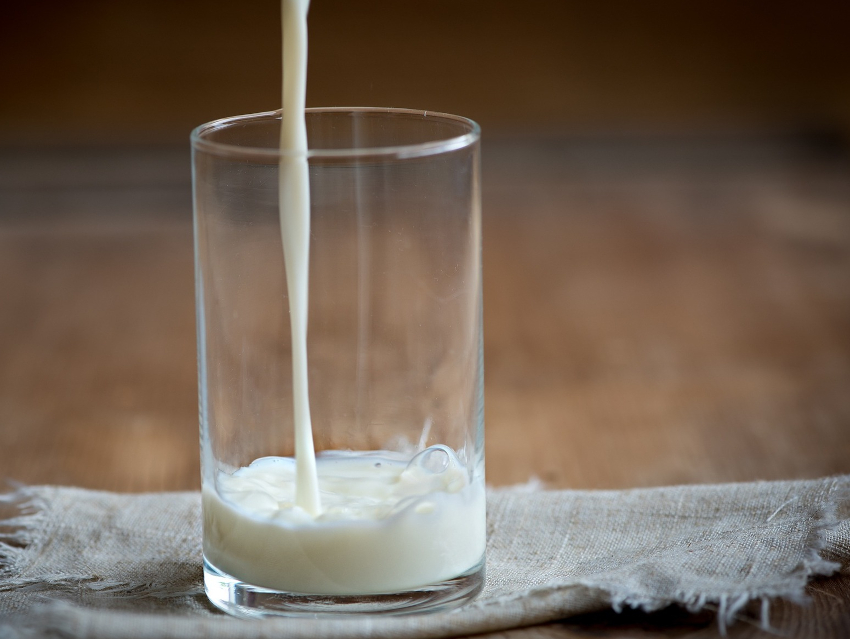It is often suggested that drinking warm milk can promote sleep. The sleep-enhancing properties of milk are often attributed to tryptophan. However, other constituents of milk can be involved. For example, treating casein, a protein in cow’s milk, with the enzyme trypsin produces a mixture of sleep-enhancing peptides, called casein tryptic hydrolysate (CTH). Many sedatives prescribed for insomnia work by activating the GABA receptor, which suppresses nerve signaling. The decapeptide α-casozepine (α-CZP) in CTH has been found to exhibit affinity for GABA receptors.
Lin Zheng, Mouming Zhao, South China University of Technology and Guangdong Food Green Processing and Nutrition Regulation Technologies Research Center, both Guangzhou, China, and colleagues screened CTH to find other, perhaps more powerful, sleep-enhancing peptides. The researchers first compared the effects of CTH and α-CZP in mouse sleep tests. They found that CTH showed better sleep-enhancing properties than α-CZP alone. This suggests that other sleep-promoting peptides besides α-CZP might exist in CTH. The team used mass spectrometry to identify bioactive peptides released from CTH during simulated digestion. They virtually screened these peptides for their binding affinity to the GABA receptor and for the ability to cross the blood-brain barrier.
The strongest candidates were tested in mice. The most promising peptide, Tyr-Pro-Val-Glu-Pro-Phe (YPVEPF), increased both the ratio of mice that fell asleep within 15 min and the sleep duration significantly compared with a control group. According to the researchers, side effects of the peptide and its exact mechanism of action merit further investigation.
- Identification and Screening of Potential Bioactive Peptides with Sleep-Enhancing Effects in Bovine Milk Casein Hydrolysate,
Jingjing Qian, Lin Zheng, Guowan Su, Mingtao Huang, Donghui Luo, Mouming Zhao,
J. Agric. Food Chem. 2021.
https://doi.org/10.1021/acs.jafc.1c03937


